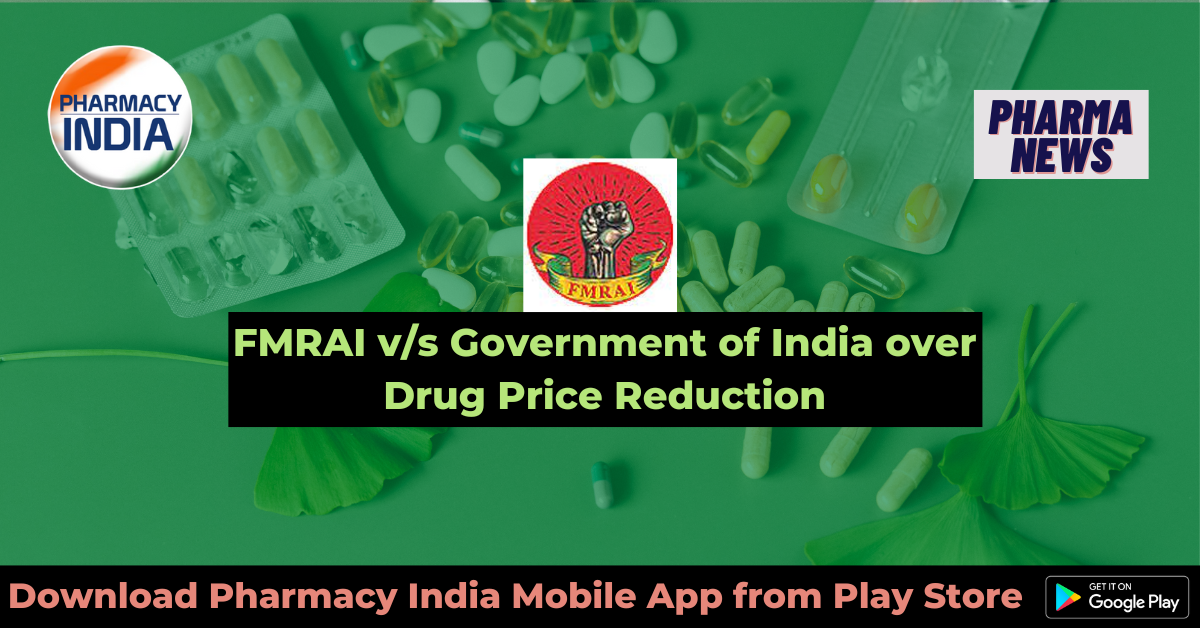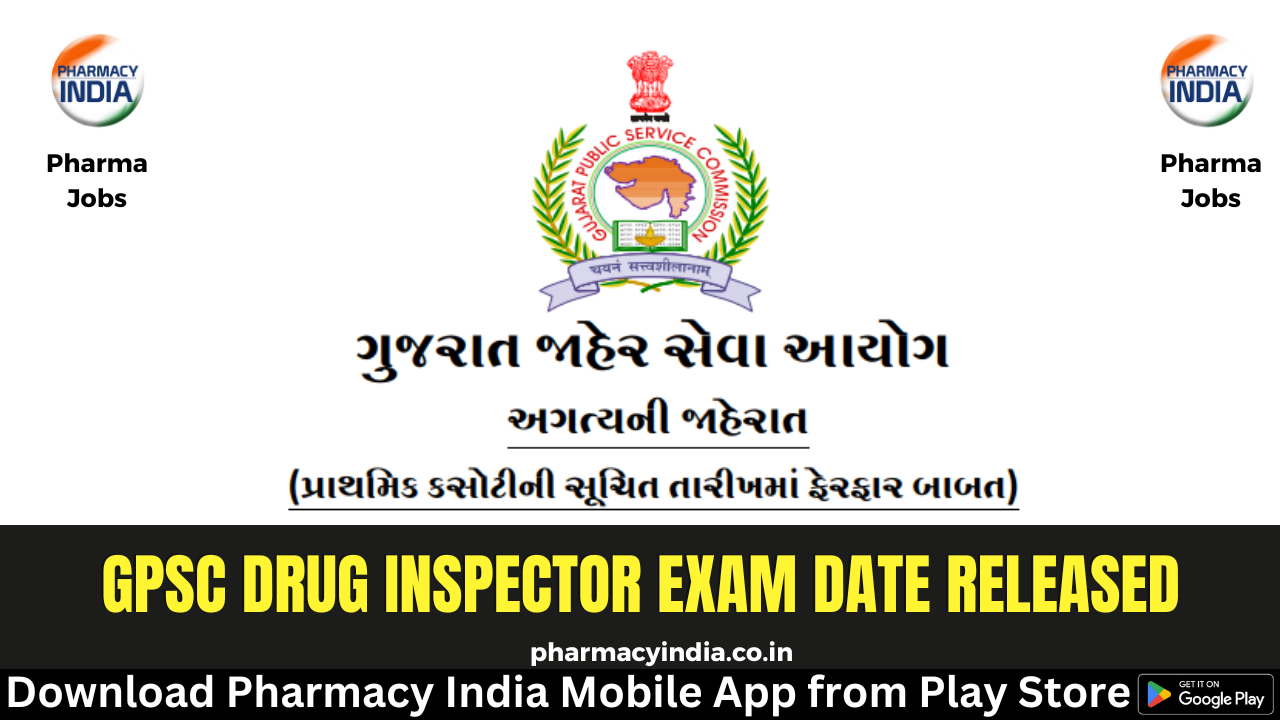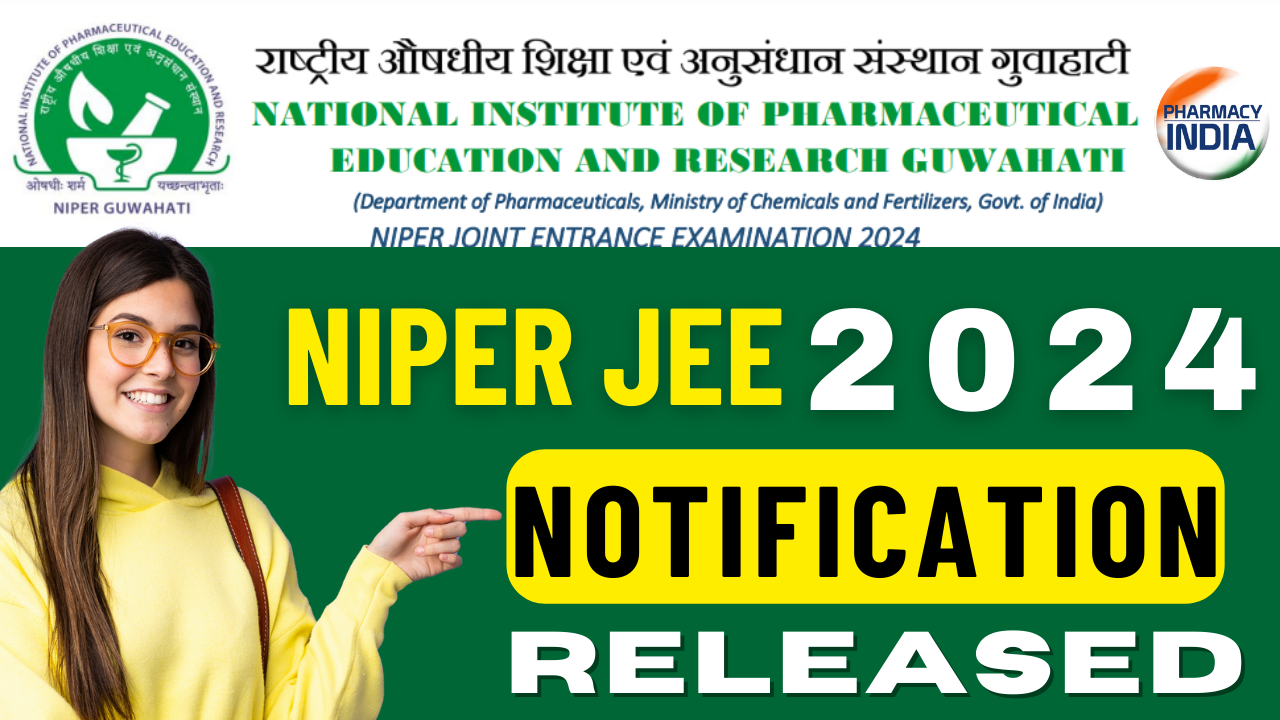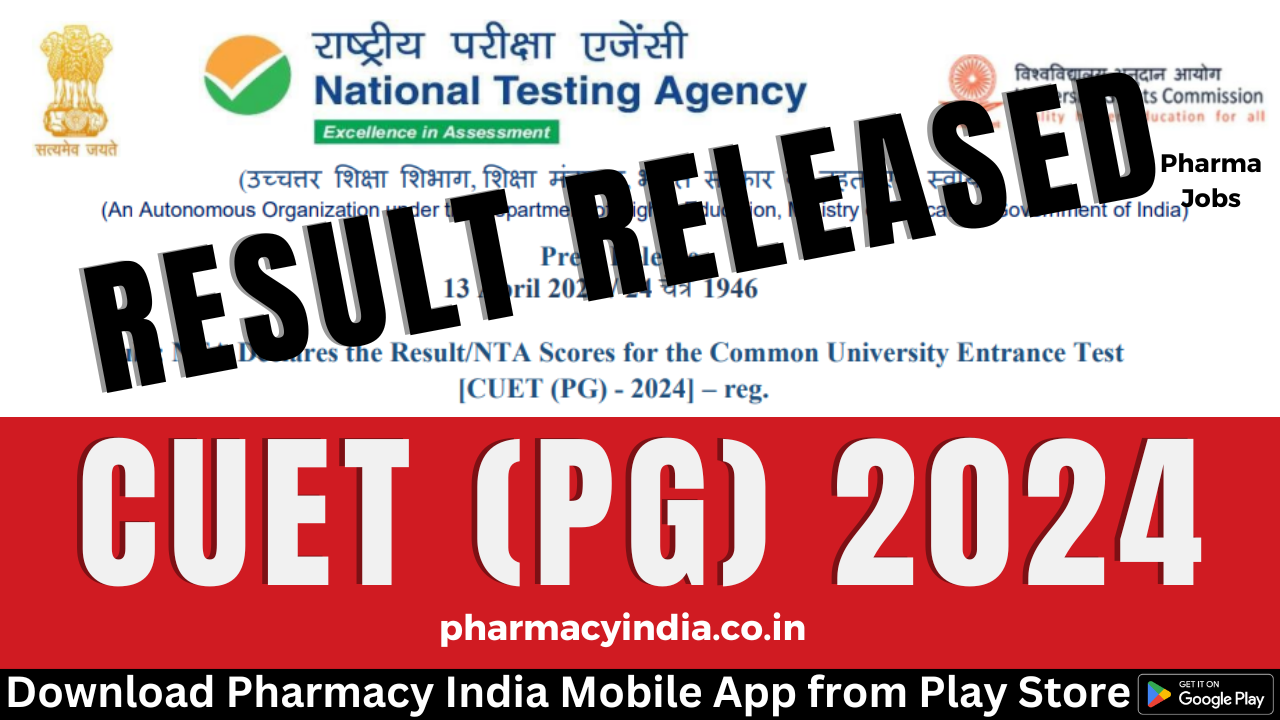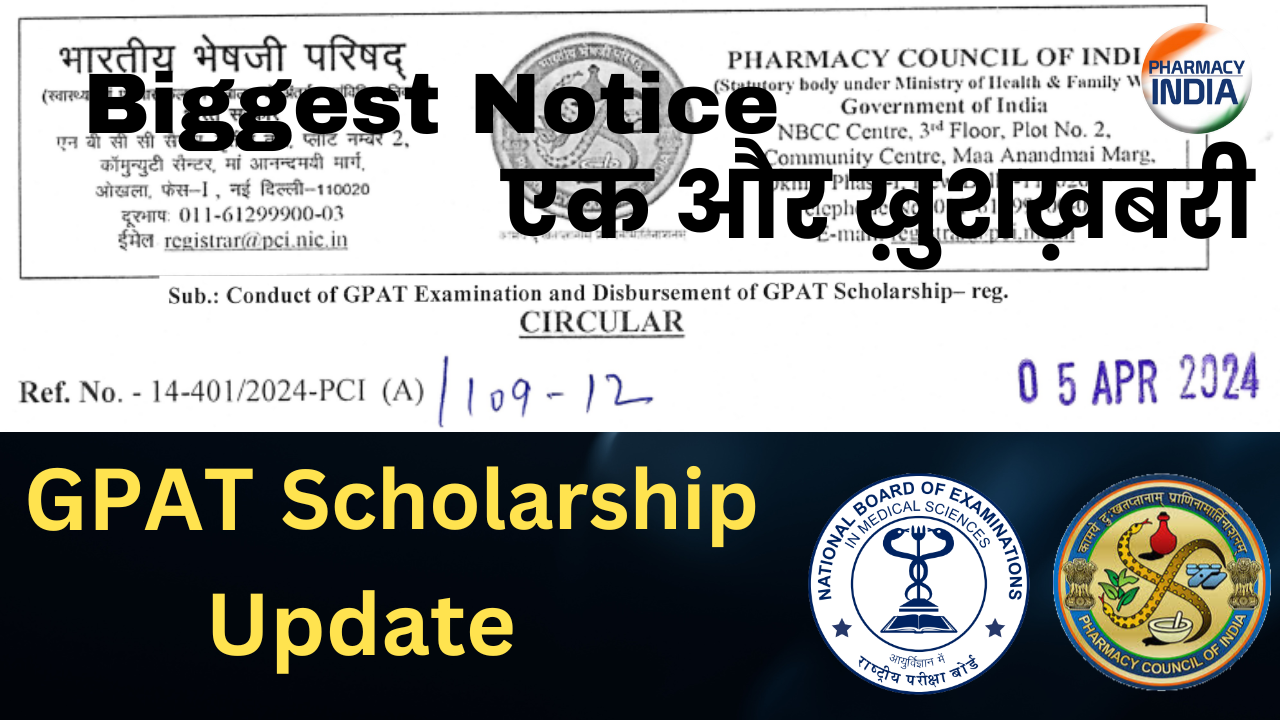As the leading organisation for sales representatives enters its diamond jubilee year, the Federation of Medical and Sales Representatives’ Associations of India (FMRAI) has declared that it will concentrate on launching a massive campaign among the public for a decrease in the cost of medications and forcing the government to make the Uniform Code on Pharmaceutical Marketing Practises (UCPMP) mandatory. The National Pharmaceutical Pricing Authority’s (NPPA) decision to permit a 12% price increase for a number of important medications in line with an increase in the Wholesale Price Index (WPI) has drawn criticism from the Federation.
The Federation reported in the editorial of its April 2023 bulletin that the central government had authorised a 12% increase in the cost of numerous critical medications and their formulations, effective as of April 1, 2023, under the justification of increasing input costs related to inflation. “FMRAI opposes this anti-people move, which amounts to a direct assault on the sick and their loved ones. The FMRI urges that this decision be reversed,” it stated.
It should be mentioned that the group petitioned the Supreme Court to make the code mandatory last year, and the Central government established a powerful committee to study the issue. However, the Federation claimed that due to pressure from the pharmaceutical industry, there has been no more progress. “All states shall hold conventions in the manner of the National Convention of Delhi which will then be carried over to the sub units,” it said, “to create awareness and desired impact on the Union government.”
It was claimed that the unscrupulous marketing strategies used by the management and employers to promote their goods had a significant impact on drug pricing. Due to the fact that most medicines are sold indirectly, preventing customers from making product selections, businesses have concentrated their efforts in this area by providing a variety of freebies in an effort to increase sales. The costs associated with such offers are subsequently recouped by raising the cost of medications. The government recognised this problem and issued the Uniform Code on Pharmaceutical Marketing Practises, but the sector hasn’t changed its ways because the code was maintained optional, it claimed.
Therefore, the goal is to mobilise a large-scale public movement for lower drug prices and to pressure the government to make UCPMP a law. In this Diamond Jubilee Year, we have this obligation ahead of us, the top body continued. The National List of Essential Medicines (NLEM) contains 651 essential medications, and the prices of these medications have recently decreased by 6.7% as a result of the ceiling price revision that began in the second half of last year, even after the WPI price increase, according to the NPPA, which recently justified its decision.
Looking back on its previous operational years, the Federation noted that the then-leadership had chosen to include some rights of the nation’s common people in the union manifesto in addition to calling for the formation of legal rights for field workers. These rights included requirements for the nation’s citizens’ health policies, where medications played a major role.
“The leadership of that time understood that the sales promotion staff members working in the pharmaceutical industry are the best people to bring forward the issues related to the pharma companies’ sleight of hand in extracting profits from the people of a country that had been ravaged by plunder of foreign rule for more than two centuries by selling medicines at high prices. The FMRAI has not lost sight of this important area of the movement over the past 60 years, and the demands have been developed in accordance, persistently raised in various fora, brought to the people through numerous meetings on the streets, held seminars with like-minded organisations, and presented to the Central government for enacting a people-centric health policy in India, according to the editorial.
The main requests made over the course of these years were lowering prescription prices, eliminating all drug taxes, resurrecting public sector pharmaceutical and vaccine enterprises, and pressuring the government to set aside 5% of GDP for public health care. Many other Indian organisations working towards the same objective were inspired by the actuality of these requests, and FMRAI teamed up with the People’s Science Networks, Jana Swasthya Abhiyaan, etc. to raise support for its goals.
However, the distinctive aspect of FMRAI’s involvement was how it entwined its own movement with the public’s demands in such a way that, over time, it became impossible to distinguish between movements pertaining to medicine and those intended to advance the interests of the fieldworkers in the policy-related area. In keeping with this heritage of activism, FMRAI once more started a public campaign with three main demands: lowering the cost of all necessary medications and medical equipment, eliminating the federal sales tax on prescription drugs, and dedicating 5% of GDP to healthcare.
Connect with Us
Click here to follow Us On Instagram
Click here to follow us on Facebook
Click here to follow us on Telegram Channel


